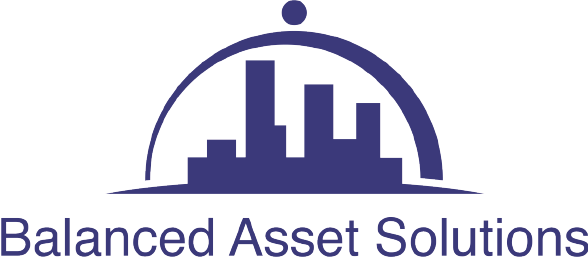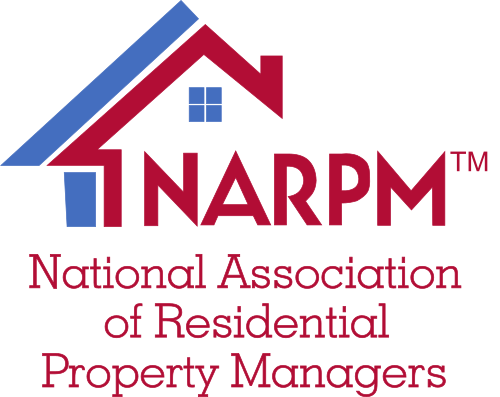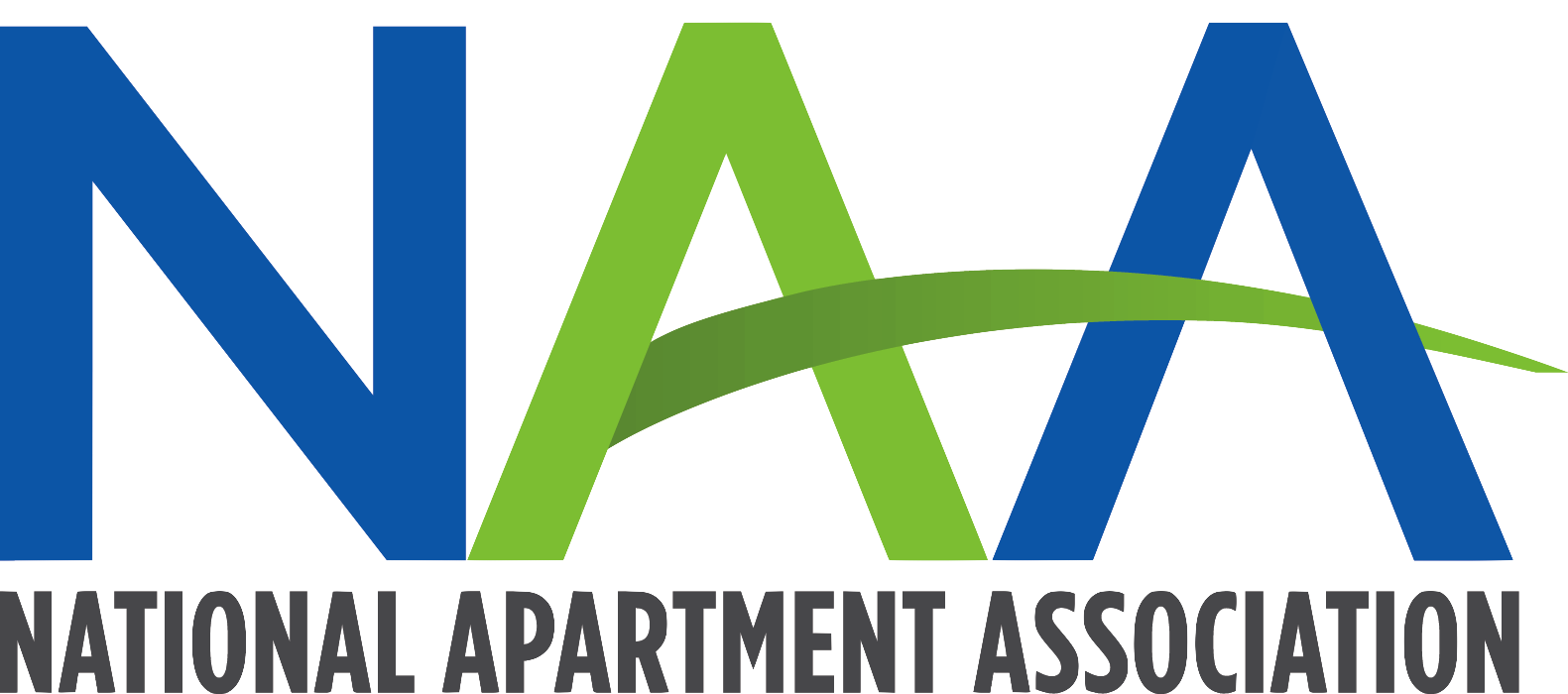Managing the financial aspects of property management can be a complex and time-consuming task. However, with the right property management accounting software, you can streamline your financial operations, automate tedious tasks, and improve your overall efficiency. This article explores the benefits of using specialized accounting software for property management, key features to look for, and how to choose the right software for your business needs.
Introduction to Property Management Accounting
Property management accounting involves managing and tracking income, expenses, and financial reporting for properties. It’s a critical aspect of property management that requires accuracy and timely updates. Traditional accounting methods can be inefficient and prone to errors, making specialized software an essential tool for modern property managers.
Key Features of Effective Accounting Software
When selecting accounting software for property management, consider the following essential features:
- Automated Rent Collection: Software that facilitates online rent payments, reduces processing time, and minimizes late payments.
- Expense Tracking: Tools to easily record and categorize property-related expenses.
- Financial Reporting: Comprehensive reporting features that allow for the generation of profit and loss statements, balance sheets, and other financial reports.
- Budgeting and Forecasting: Capabilities to help you create and manage budgets for your properties and forecast future financial performance.
- Integration: Ability to integrate with other property management systems for a seamless operational workflow.
Comparing Popular Property Management Accounting Software
Several top-rated accounting software solutions are designed specifically for property management, including QuickBooks, Yardi, and AppFolio. Each offers unique features tailored to different sizes and types of properties. A comparative analysis of these platforms can help you understand which software best fits your business needs, considering factors like scalability, ease of use, and specific functionalities.
Implementing Accounting Software for Maximum Benefit
Implementing new software requires careful planning and execution. Start by ensuring that your team is on board with the transition and provide thorough training on the new system. It’s also crucial to migrate data accurately from your old system to avoid any disruption to your financial operations.
Success Stories: Transformations Achieved with Accounting Software
Many property management companies have seen significant improvements in their financial management and overall efficiency after adopting specialized accounting software. For instance, a small property management firm experienced a 40% reduction in time spent on financial reporting and a noticeable decrease in errors after transitioning to a cloud-based accounting platform. These success stories highlight the transformative potential of the right software.
Tips for Choosing the Right Accounting Software
Choosing the best accounting software for your property management business involves evaluating your specific needs, budget, and the size of your portfolio. Look for software that offers:
- Scalability: Ability to grow with your business.
- User-Friendliness: An intuitive interface that your team can easily navigate.
- Customer Support: Reliable customer service for troubleshooting and assistance.
- Customization: Options to customize the software to fit your unique business processes.
Conclusion: The Future of Property Management Accounting
The right property management accounting software can revolutionize the way you handle your financial operations. By automating key processes and providing real-time financial insights, you can make more informed decisions, improve your profitability, and focus more on strategic growth initiatives. As technology continues to advance, the importance of adopting specialized software solutions in property management will only increase, making it an essential investment for your business’s future success.




